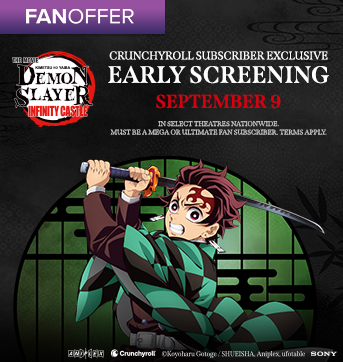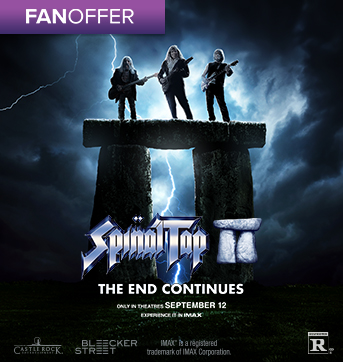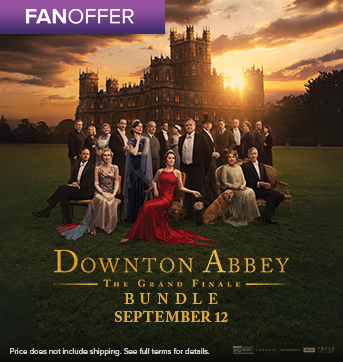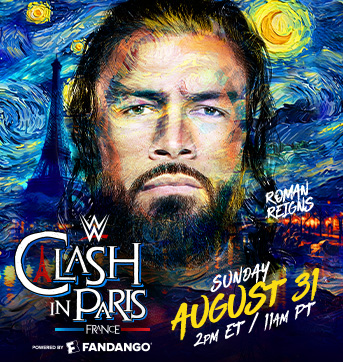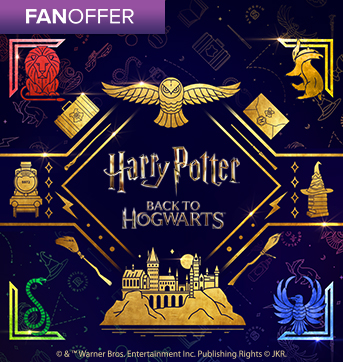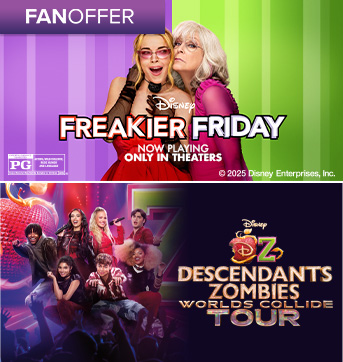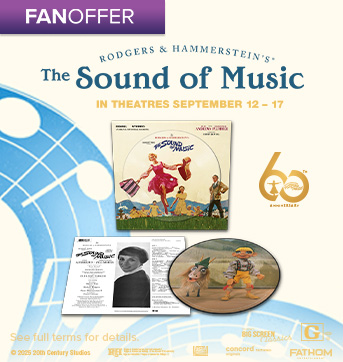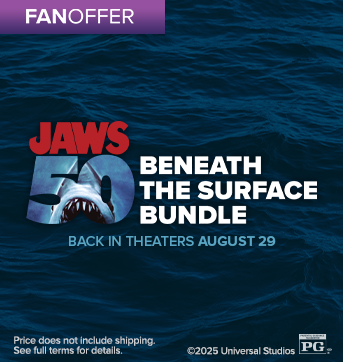Apple Pay Wednesday

Use Apple Pay to get $5 off your order
Limited time offer, and limited quantities available. To redeem the offer, purchase one or more movie tickets on Wednesday 8/20/25 to see any film through Fandango.com or the Fandango iOS mobile app and use Apple Pay® as the payment method, and must enter the Fandango Promotional Code APPLEPAYWED (“Code”) in order to get the $5 off the entire purchase. There is a limited quantity of Code redemptions allowed in this promotion and therefore the offer is only available first come first served while supplies last. Code expires, and can no longer be used, upon earlier of Wednesday 8/20/25, or after the limit of Code redemptions have been reached. Only valid for purchase of movie tickets made at Fandango.com or via the Fandango iOS app and cannot be redeemed directly at any theater box office. If lost or stolen, cannot be replaced. No cash value, except as required by law. Void where prohibited. Not valid with any other offer. Offer valid in U.S. One-time use only per email address, for a maximum of one transaction, receiving a maximum of one $5 discount on the purchase total regardless of how many tickets were purchased in that one transaction. Not for resale; void if sold or exchanged. Limit 1 Code per email address. Fandango reserves the right to modify or cancel this offer at any time and without notice. The redemption of the Code is subject to Fandango’s Terms and Policies at www.fandango.com/terms-and-policies. Apple Pay is a service provided by Apple Payments Services LLC, a subsidiary of Apple Inc. Neither Apple Inc. nor Apple Payments Services is a bank. Any card used in Apple Pay is offered by the card issuer. Apple Pay is a registered mark of Apple Inc.
